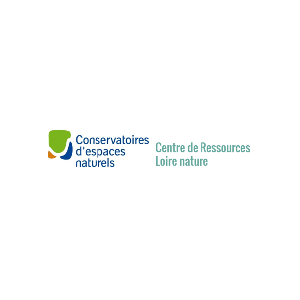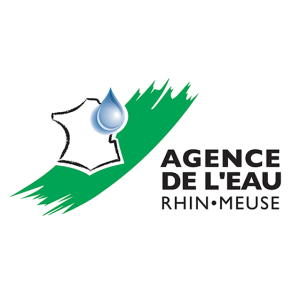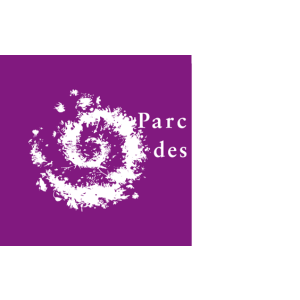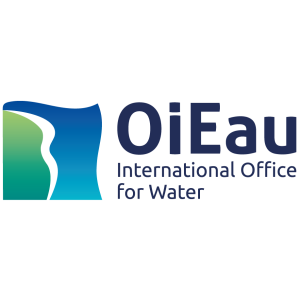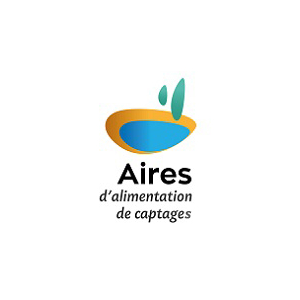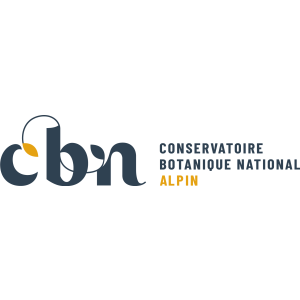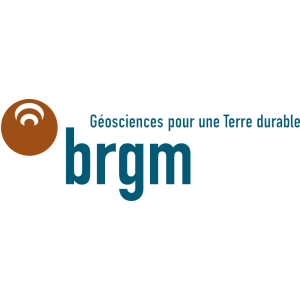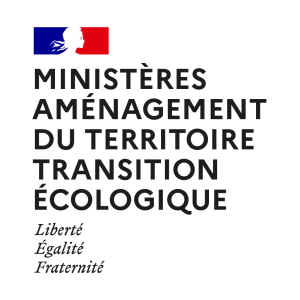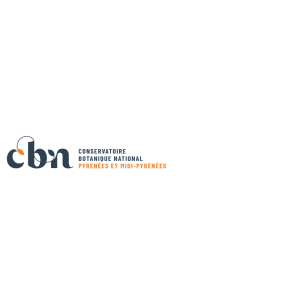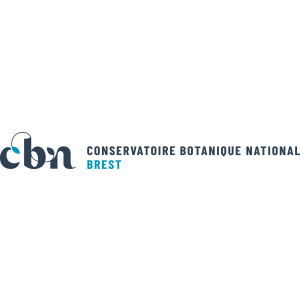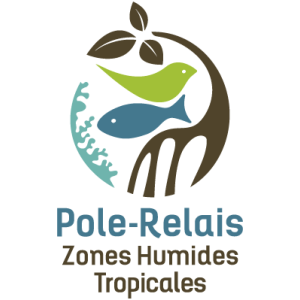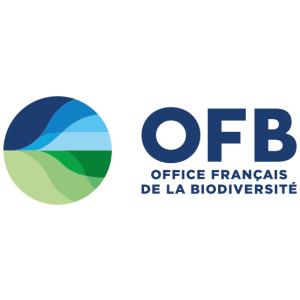
Document généré le 20/02/2026 depuis l'adresse: https://www.documentation.eauetbiodiversite.fr/fr/notice/municipal-wastewater-can-result-in-a-dramatic-decline-in-freshwater-fishes-a-lesson-from-a-developing-country
Municipal wastewater can result in a dramatic decline in freshwater fishes: a lesson from a developing country
Titre alternatif
Producteur
Contributeur(s)
Éditeur(s)
EDP Sciences
Identifiant documentaire
11-dkey/10.1051/kmae/2018025
Identifiant OAI
oai:edpsciences.org:dkey/10.1051/kmae/2018025
Auteur(s):
Shams M. Galib,A.B.M. Mohsin,Md. Taskin Parvez,Martyn C. Lucas,Nipa Chaki,Sadman S. Arnob,Md. Istiaque Hossain,M. Nazrul Islam
Mots clés
wastewater
water pollution
biodiversity loss
threatened fish
BACI
eaux usées
pollution de l'eau
perte de biodiversité
poissons menacés
BACI
Date de publication
24/09/2018
Date de création
Date de modification
Date d'acceptation du document
Date de dépôt légal
Langue
en
Thème
Type de ressource
Source
https://doi.org/10.1051/kmae/2018025
Droits de réutilisation
Région
Département
Commune
Description
Impacts of ineffective wastewater management on the biodiversity of receiving waters in developing countries are poorly documented. Using a before-after-control-impact methodology, we measured the effects of untreated wastewater release on the fish community in the Barnoi River, Bangladesh. In 2006, prior to untreated wastewater discharge, fish abundance, species richness and water quality were similar across sampling sites. In 2016, after 8 years of wastewater release to the downstream reach, fish abundance and species richness were reduced by >47% and >35% respectively at downstream sites compared to unaffected upstream sites and >51% and >41% lower respectively compared to the pre-wastewater discharge period. The wastewater impact was particularly severe during months of low discharge (October–December). Water transparency, dissolved oxygen and pH were lower (P
Accès aux documents
0
Consultations
0
Téléchargements
